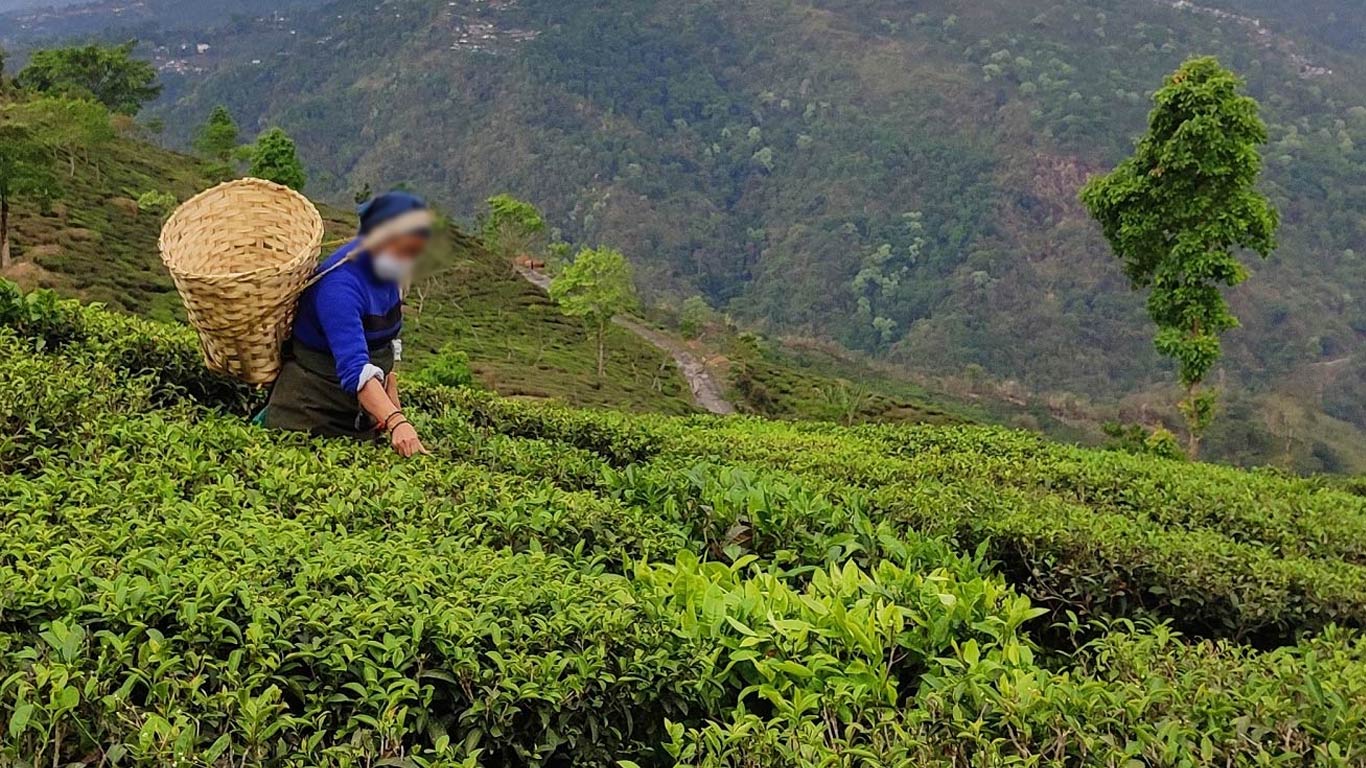Indian Tea Industry Faces Echoes Of 2002-07 Crisis, TAI Proposes Remedial Measures
Updated: Jan 11, 2024 04:33:12pm

Indian Tea Industry Faces Echoes Of 2002-07 Crisis, TAI Proposes Remedial Measures
Kolkata, Jan 11 (KNN) An association of tea growers and manufacturers, on Wednesday, stated, “The Indian tea industry faces challenges reminiscent of the 'dark phase' of 2002-07, prompting a call for introspection and resilience."
Major factors, including stagnant prices, oversupply, a widening gap between demand and supply, and a "race to the bottom" for cheaper teas, have been identified as contributors to the challenges faced by the Indian tea industry.
Ajay Jalan, the president of the Tea Association of India (TAI), at the 49th Biennial General Meeting of TAI, stated, “The economic strides made by our nation are indeed commendable, yet the tea industry is currently experiencing challenges reminiscent of the dark phase two decades ago.”
The tea industry underwent a severe market downturn from 2002-07 due to specific regulations, declining demand, the influx of cheaper teas from other countries into the Indian market, and a decrease in exports attributed to quality concerns.
Jalan mentioned, “Tea prices have remained stagnant over the years except in 2020 when buoyancy in prices was noted due to the pandemic.”
“Unable to keep pace with increasing input costs, many estates have shut, changed hands, or are surviving through subsidies from their group companies,” he further added.
Jalan emphasised, “The situation is so dire that we fear a lack of future interest in the industry.”
During the meeting, a major concern emphasised was the oversupply, resulting in a significant imbalance between availability and consumption.
Other highlighted issues included the concentration of market power among a few key players and a decline in the quality of teas to make the beverage more affordable.
Jalan proposed a series of measures for the Tea Board of India to consider, stating, “The race to the bottom is coming at a cost. It is imperative that we reposition tea to enhance its perception and consumption patterns.”
The suggested steps encompass regulating the sale of tea waste in the domestic market at lower prices, imposing restrictions on the import of poor-quality teas, and promoting tea by emphasising its health benefits.
The Tea Association of India (TAI) asserted that regulating waste could reduce supply by 15-20 million kg, and restricting imports could eliminate an additional 30 million kg of low-quality teas.
(KNN Bureau)












